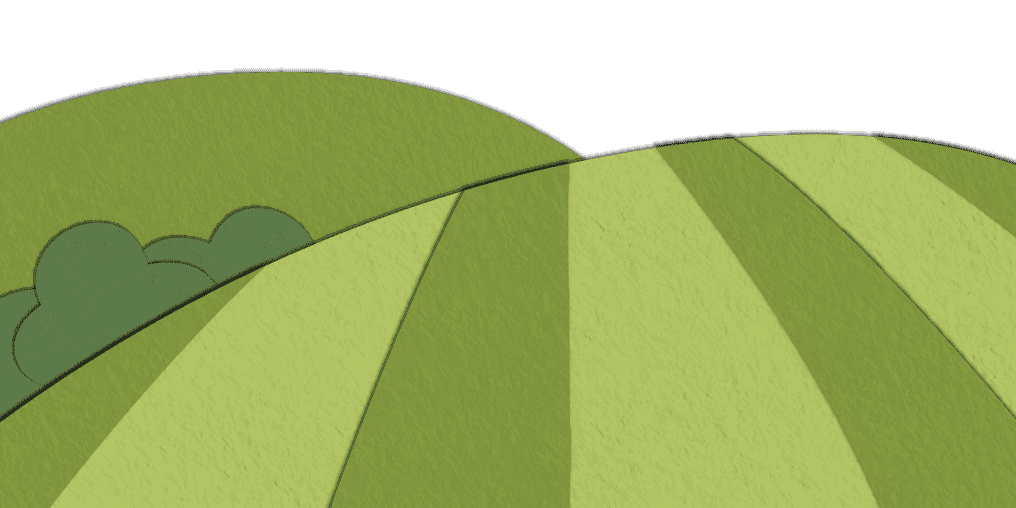An Empty Planet?
![ABP-Empty-planet-e1601469014526[1] ABP-Empty-planet-e1601469014526[1]](https://b1676921.smushcdn.com/1676921/wp-content/uploads/2020/10/ABP-Empty-planet-e16014690145261.webp?lossy=1&strip=1&webp=1)
An Empty Planet?
The annual migration of vast herds of wildebeest across the Serengeti is one of nature’s greatest wonders and a sight to behold. Indeed, it has been the bread and butter of many wildlife documentaries over the years. However, the sad truth is that wildlife in these numbers could soon become a thing of the past. If you think that’s being overdramatic, think again.
Living Planet Report 2020
Recently, the hugely respected World Wide Fund for Nature (WWF) published its annual Living Planet Report (2020).
Sixty Eight Per Cent.
That is the average percentage decline in wildlife populations since 1970 i.e. the past 50 years. This is clearly unsustainable and yet even this percentage masks some even more startling declines. For example, 33% of native bees in this country have disappeared in the last decade alone.
Unsurprisingly, there is a direct correlation between man-made loss of habitat and the decline of these species. In fact, the WWF states that 85% of the decline in species has been caused by us humans.
Great, aren’t we?
WWF go on to say that “17 million hectares (of forest) are lost every year.”
This is both staggering and depressing in equal measure, especially when you consider that we were learning in school that ‘XX football pitches’ of rainforest were being lost each day back in the 80’s.
Glimmers of Hope
The on-going Coronavirus pandemic and near-global lockdowns have led to a reprieve for nature.
Our land, air and sea all became quieter with vibrational noise interfering less with wildlife’s communication systems. On a lighter note and even closer to home, the Goats of Llandudno (who sound like they should be played on 6Music) demonstrated that when we simply clear off for a short while, wildlife returns… and takes hold.
As The Living Planet Report states: “we know what needs to be done to turn this around.”
Thankfully, we are becoming increasingly environmentally aware. New generations are recognising the impact humans are having on the planet and are actively taking steps to reduce this by refusing to purchase products containing palm oil, shunning fast fashion, shopping locally for ‘homegrown’ produce and lowering our plastic usage… all of which can be traced back to protecting habitats.
In the UK, organisations such as CPRE, Friends of the Earth and The Wildlife Trusts are running high-profile campaigns aimed at not only protecting but growing our precious green spaces and waterways and the habitats they provide.
This offers hope, but we need the government of the day to stop paying lip service to these issues and to start delivering what the people want: a green recovery. Whether this can be achieved when the PM himself sees ‘newt counting’ as holding back our economy is up for debate.
Above all, perhaps, we need to stop seeing ourselves and ‘nature’ as separate entities.
We are nature and – if we don’t want to find ourselves on the next endangered species list, we need to act. Fast.
Help Is At Hand
At A Better Planet we want to play our part in protecting the environment and creating a more sustainable way of life. We aren’t the experts, but we’re learning all the time and we have a genuine desire to help anyone and everyone working to achieve this. If you or your organisation are doing important work, but you’re struggling to be heard, why not take a look around our site to see what we can do and get in touch?



